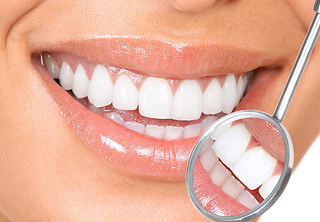Stress and Your Oral Health
September 22nd, 2016

Stress symptoms—which include high blood pressure, severe aches, and insomnia—may be affecting your health, even though you might not realize it. You may think illness is the culprit when in fact stress may actually be the reason. While stress can be good for us sometimes, Dr. James Robson and our team know stress can be physically harmful. But what is often overlooked is that stress can also take a toll on your mouth. Here’s how:
Teeth Grinding
It’s not uncommon for people dealing with stress to develop teeth grinding, also known as bruxism. People who grind their teeth at night may do so unconsciously, but the condition requires treatment to prevent the development of headaches, TMJ, and tooth damage. If you’re a night-grinder, talk to Dr. James Robson. We may recommend a night guard.
Mouth Sores
Research suggests stress and depression harm your immune system, making it easier for infections to develop and stick around. That can mean canker sores or a cold sore outbreak. If mouth sores are a recurring problem for you, give us a call to schedule an appointment with Dr. James Robson.
Bad Habits
Stress can lead to bad oral health habits such as smoking, drinking, and neglecting your daily brushing and flossing routine. If you’ve been feeling under pressure lately, try to keep up with your oral health routine—it will serve you well when your stress levels return to normal.
Dr. James Robson and our team at Robson Dentistry know there’s not always an easy way to reduce your stress levels, but eating healthy, exercising regularly, and spending time with friends and family are all good places to start.



